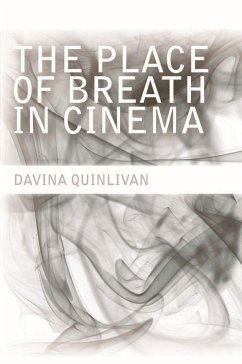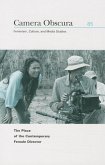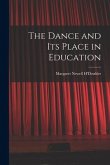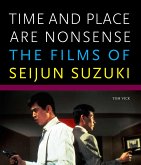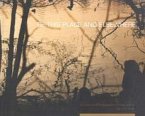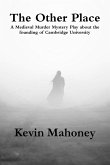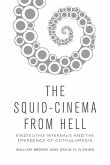Acknowledgements to Follow How can we start to think about something we cannot see? The Place of Breath in the Cinema considers the locus of the breathing body in the film experience and its implications for the study of embodiment in film and sensuous spectatorship. The significance of breathing in film is explored formally and contextually: as an alternative dimension of filmic bodies mapped on-screen and on the soundtrack, and as a way of re-examining thematic notions of mortality, embodied trauma and loss. As a particular characteristic of their work, Quinlivan considers the role of breath in the films of Atom Egoyan, David Cronenberg and Lars von Trier. Quinlivan builds on the philosophical thought of Luce Irigaray to explain how the place of breath in cinema reveals, in equal measure, the power and pleasure of film viewing, offering new insight into cinema's intimate disclosure of what it means to be human. Aimed at film scholars and students, this book changes our understanding of the human body's involvement in film aesthetics and spectatorial experience. Davina Quinlivan is an independent critic and writer, as well as part-time lecturer in Film Studies at King's College, London and Kingston University.

